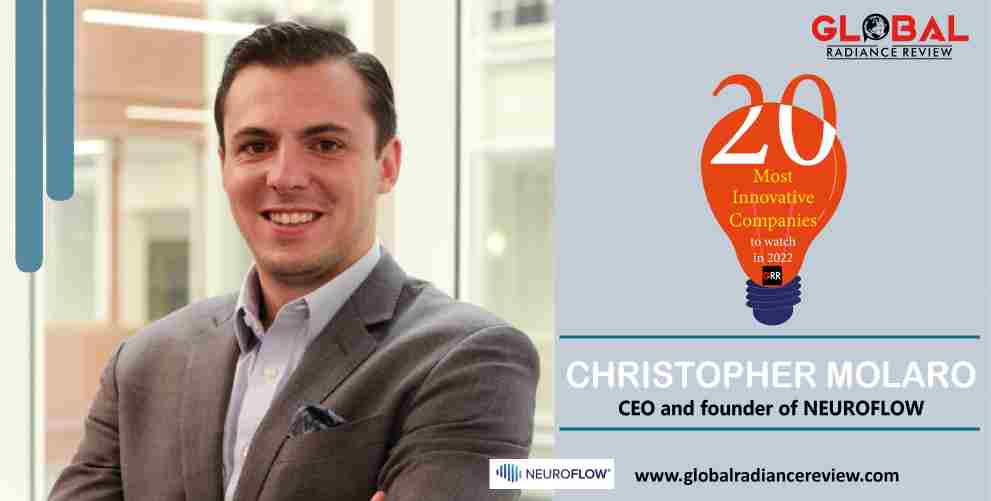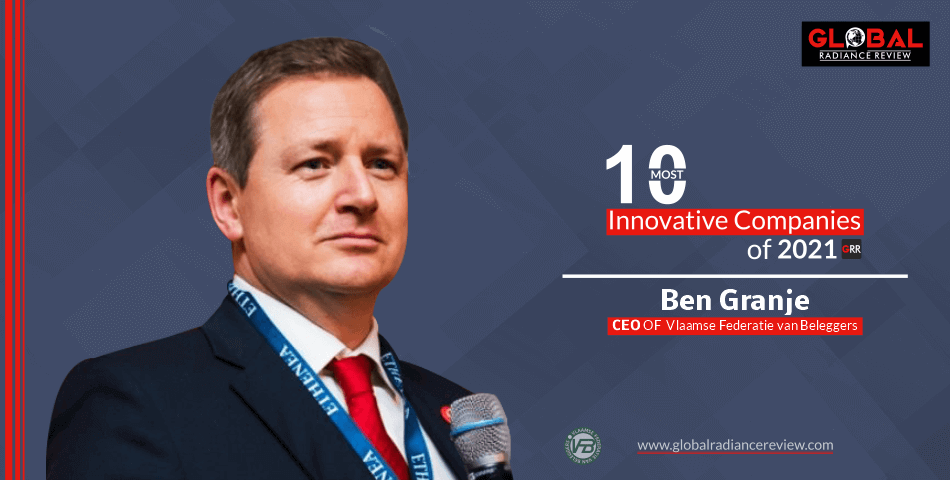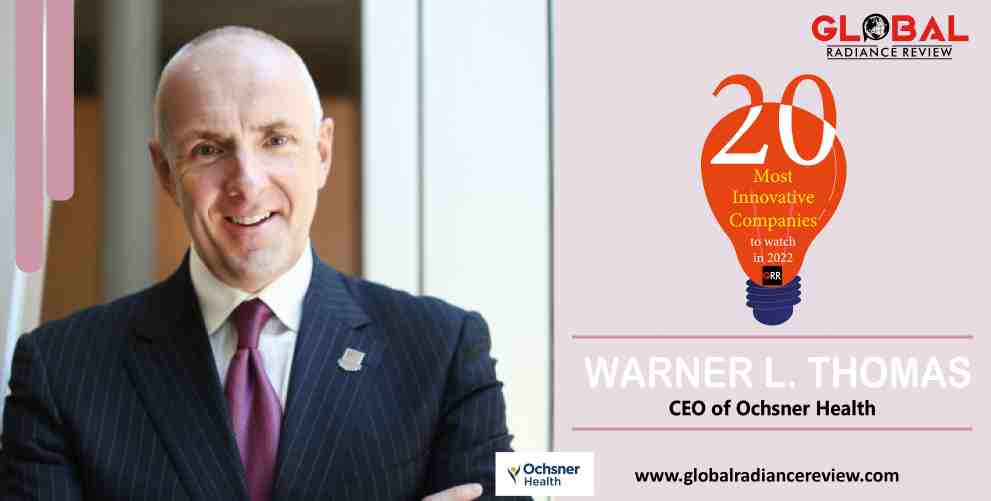The CEO of NeuroFlow and West Point graduate Christopher Molaro served in the army for five years, including a tour in Iraq as a platoon leader. On his return home, he experienced the gaps in the behavioral health system and how veterans and civilians alike face too many barriers when it comes to receiving appropriate, timely care.
Chris met his future co-founder Adam Pardes while pursuing his MBA at Wharton and the two agreed–even the most engaging digital mental health apps in the world wouldn’t truly change the problem until the care providers were a part of the solution in a meaningful way. And so they created NeuroFlow.
NeuroFlow pride on partnering with the healthcare leaders to assist in driving better outcomes and make a positive impact. NeuroFlow exists to make sure no patient who needs behavioral health support falls through the cracks.
NeuroFlow’s existence lies in building more than just an engaging digital health tool for patients self-care. NeuroFlow creates platforms that connect the patient to care providers and specialists, empowering them to remotely coordinate and deliver effective mental health care at scale.
Values of NeuroFlow includes:
● Have a healthy disregard for the impossible.
● Move fast decisively with courage.
● Communicate openly and often.
● Embrace a yes mentally and lead with proposals.
● Make complex and powerful things simple and beautiful.
● Own the whole product and be customer obsessed.
● Be on a mission to build social values.
● Strive for personal excellence and holistic self-improvement.
● Learn and adapt because there is always a way.
With a few words with the CEO and founder of NeuroFlow, Christopher Molaro, he shared about the aims and views behind the company and how they are striving for their best. Read more to find out.
Q. How did you come up with the name NeuroFlow? Why did that work?
My co-founder, Adam Pardes, and I came up with the name NeuroFlow when our business was just an idea. Our whole mantra has always been around bridging the divide between mental and physical health, making the mental aspect of our health more relatable and something tangible is the goal. The name NeuroFlow embodied the mix of “Neuro” which we think of when we think of the physical aspect of the brain or the physical manifestation of the mind, and “Flow” which is a psychological term and mindset known for peak performance whereas someone can be in a “State of Flow.” We have come so far since that first product and I am so proud of the team we built that helped us pivot so successfully into what we are today, but have always stayed grounded in our original premise that mental health IS health.
Q. For those of us who are unfamiliar with the experience of serving in the military. I wanted for you to share anything you would be comfortable with sharing.
In the military, as a platoon we had 40 soldiers. We’re at 55 employees now at NeuroFlow, a relatively the same size organization, trying to solve tough problems, with a lot of ambiguity, with not a lot of support and not a lot of resources.
So, when I was in the Army, at 22 years old, I graduated and I was put in charge of a platoon. Two weeks after taking command of the platoon, we had orders to deploy over to Iraq. Our mission was to secure the southern hundred miles of the main highway that led from Baghdad to Kuwait, so that resupply trucks and humanitarian missions and those sorts of things were secured and safe. And it was a transcendent 12 months of my life, personally. You grew up very quickly and you solved tough problems as a team.
Fortunately, we ended those 12 months with no friendly loss of life, some injuries and that sort of thing. But it was a long 12 months. When we came back home, we were all screened for mental health conditions like PTSD, insomnia, depression.
Q. A lot of the inequities in healthcare and mental health healthcare services are coming to light, especially in this pandemic. What problems did you set out to solve in founding NeuroFlow?
Those people are already in therapy; they’ve taken that first big step in terms of getting that support. The tragedy is that of the 50 million people a year that have anxiety or depression in this country, two- thirds of them will never even get to that point. And so we have this tremendous gap in care. 30 million people that need support—and these are the people that we know about—that need support, that will never actually go and get it. And you can bridge the gap by going to where they’re treated and provide them the support and provide the physicians that they require so that they can be more adequate in treating the whole person. And so in 2018, we made a big pivot. Rather than focusing on the therapists and that ongoing care, it was focusing on the primary care providers and bridging that divide. We do that with over 400,000 people under contract now.
Q. Speaking of stigma, especially in the mental health space, what harm do you think it does when we think about mental health differently from physical health?
That’s been the thought pattern for forever, up until recently. That’s why you have carved out mental health benefits.
There was a huge study done by Milliman that shows that the cost of care is increased by four to five times when somebody has a comorbid behavioral health condition with a physical health condition. Which is just mind-boggling. I think that is being recognized more and more, so more insurance codes have come out. More primary care physicians now have integrated either NeuroFlow or other services, or they’ve hired licensed clinical social workers to be in their clinic, which I think is a really, really great sign of where we’re headed as a society.
Q. Advice you would give your younger self?
Don’t worry so much about the don’t. It’s all going to work out, even if not according to the exact plan that you had. If you are focused on doing the right thing and doing good for people, it will work out in the end.
-black.png)










